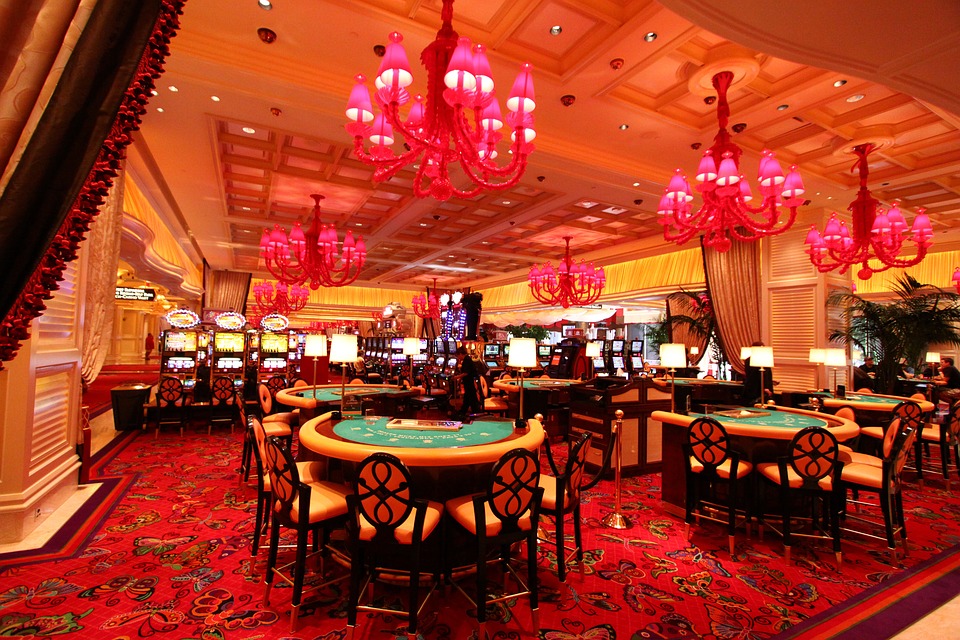Introduction:
Casinos have long been synonymous with glamour, excitement, and the promise of fortune. These establishments, often filled with dazzling lights, captivating sounds, and an air of anticipation, have become cultural icons that attract millions of visitors worldwide. In this article, we delve into the multifaceted world of casinos, exploring their history, impact on local economies, the evolution of games, and the allure they hold for patrons. 
The Origins of Casinos:
The word “casino” itself evokes images of opulence and high-stakes gaming, but the origins of these establishments are rooted in more modest beginnings. The word “casino” comes from the Italian language, meaning a small house or villa for pleasure. The first recognized casino, the Ridotto, was established in Venice, Italy, in 1638 as a public gambling house during carnival season. Over time, the concept spread across Europe and eventually reached the United States, where it became an integral part of the American entertainment landscape.
Economic Impact:
Casinos have proven to be significant contributors to local economies. Many regions have embraced the gaming industry as a means of boosting tourism, creating jobs, and generating tax revenue. The development of casino resorts often involves large-scale construction projects, bringing economic benefits to the construction industry and related sectors. Additionally, the hospitality, entertainment, and service industries all flourish in casino-rich areas, providing employment opportunities for local residents.
Evolution of Games:
The heart of any casino lies in its diverse array of games, each designed to offer a unique experience for players. Traditional table games such as blackjack, poker, and roulette have been joined by an ever-expanding variety of slot machines and electronic games. The advent of online casinos has further transformed the landscape, allowing enthusiasts to enjoy their favorite games from the comfort of their homes. The fusion of technology and gaming has led to innovations such as virtual reality casinos, enhancing the overall experience for players.
The Psychology of Gambling:
The allure of casinos is deeply intertwined with the psychology of gambling. The prospect of winning big, the thrill of risk-taking, and the communal atmosphere within casinos contribute to the appeal. The design and layout of casinos are carefully crafted to create an immersive environment that encourages patrons to stay and continue playing. From the strategic placement of games to the free-flowing drinks and entertainment options, every aspect is designed to enhance the overall experience and keep players engaged.
Responsible Gaming:
While the allure of casinos is undeniable, it is essential to address the issue of responsible gaming. Casinos, both physical and online, have implemented measures to promote responsible gambling behavior. This includes age verification, self-exclusion programs, and resources for those seeking assistance with gambling-related issues. The gaming industry acknowledges its social responsibility and actively works towards fostering a safe and enjoyable environment for all patrons.
Conclusion:
Casinos are more than just gaming establishments; they are hubs of entertainment, excitement, and economic growth. As they continue to evolve with technological advancements, the allure of casinos persists, drawing in patrons with the promise of an unforgettable experience. However, it is crucial to approach gaming responsibly and
